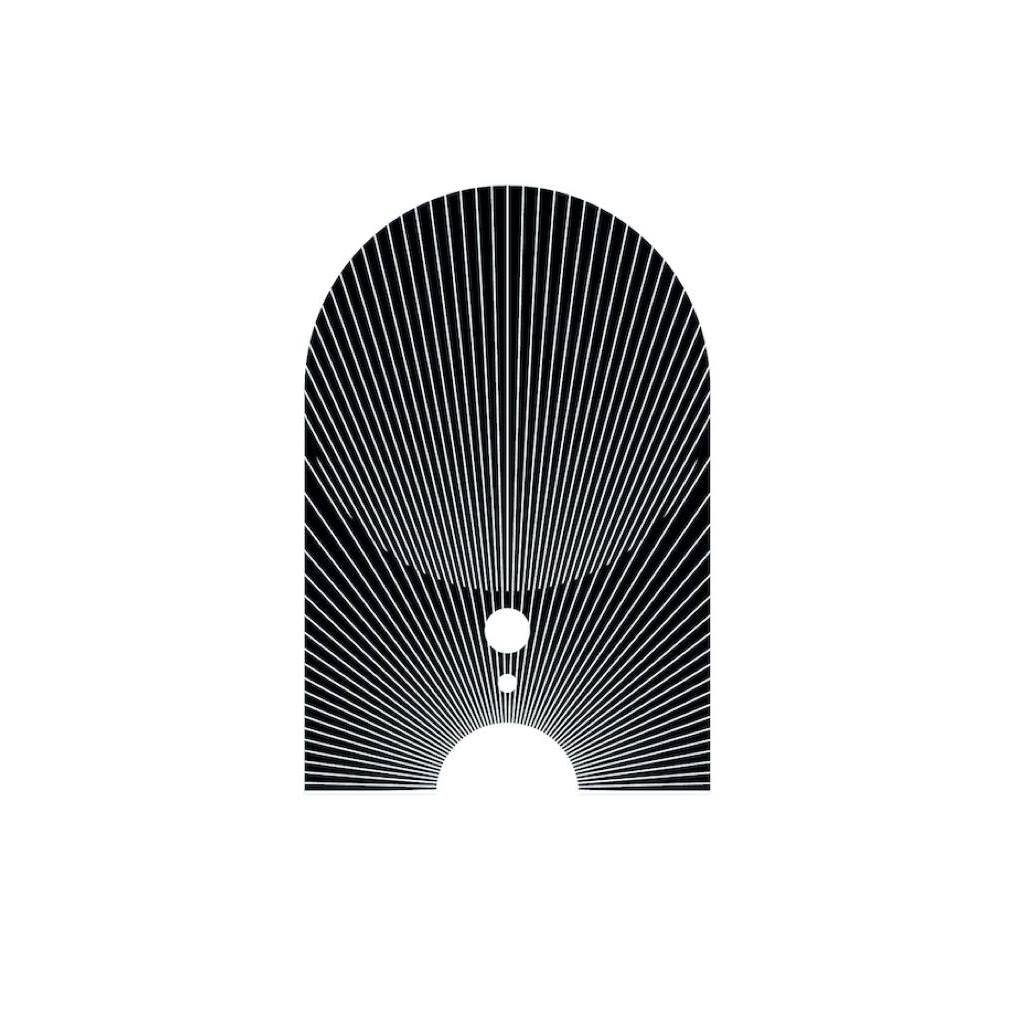JOHN J. BRUGALETTA
John J. Brugaletta is Professor Emeritus at California State University, Fullerton. He has published five books of Christian content: Discovering the Way of Wisdom, Scripture's Heroes and Villains, Psalms of Gratitude and Prayer, The Invisible God, and One of the Loaves Was Yours.
AN EXCERPT FROM “FORGIVING AS PROCESS”
Every few months the news includes a case in which someone has been grievously and maliciously injured or offended. The law has been broken, the police have arrested the offender, and the system of law is about to punish the defendant, when the victim (or the victim’s survivor) forgives him and refuses to file charges. Sometimes the victim is so shocked by this that he repents and changes his ways. But this is not always the outcome; often enough, the offender, now free again, goes on to injure someone else, perhaps many others.
Christians who believe that forgiveness must always include immediate and unconditional restoration of the offender to a status of complete trust have various ways of dealing with the fact that unrepentant offenders exist. They will ignore them, or deny that they exist, or trust in the fact that some offenders repent and assume there is some process at invisibly at work to heal the others. It may be so eventually, but if so, it often happens after death, in a state of being that we are not told about.
The premise of this essay is that Christian forgiveness is a two-part process. And this is especially clear when we consider that the people affected by our decision to trust automatically are not only the offender and ourselves, but any number of other people in the future. The murderer who goes unpunished and who murders again is not the only person guilty of his crime and his sin; so is his rash forgiver. And while we most likely will not know those people who will be his victims, they too are children of God and are worthy of our care. The fact that most of us will treat them as non-existent because we cannot easily imagine what they look like does not excuse our act of putting their lives in danger.
Read more of John’s work in Solum Journal Volume I and Volume II.

